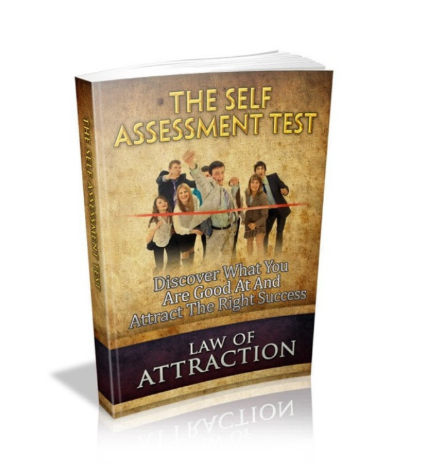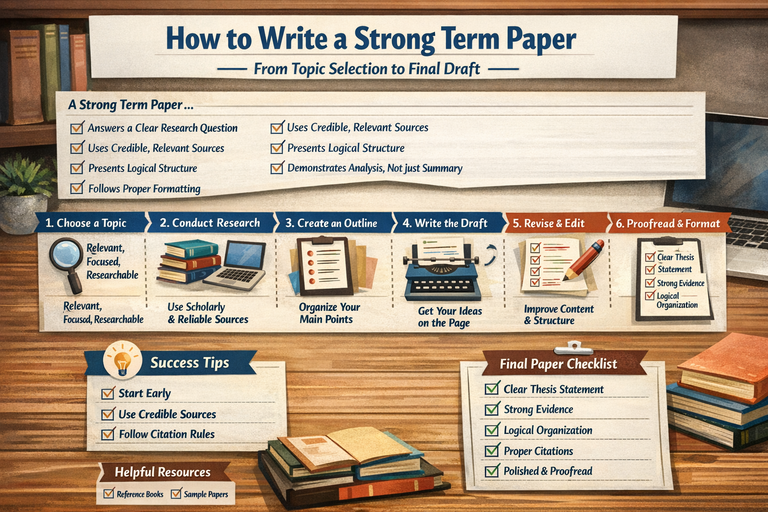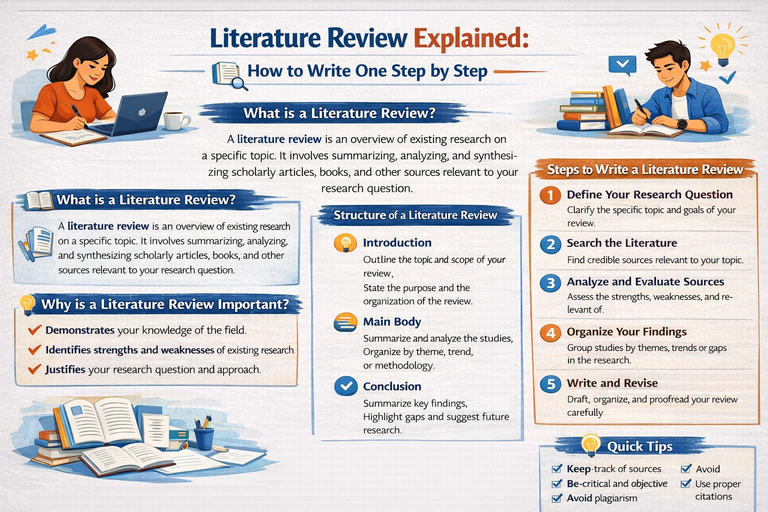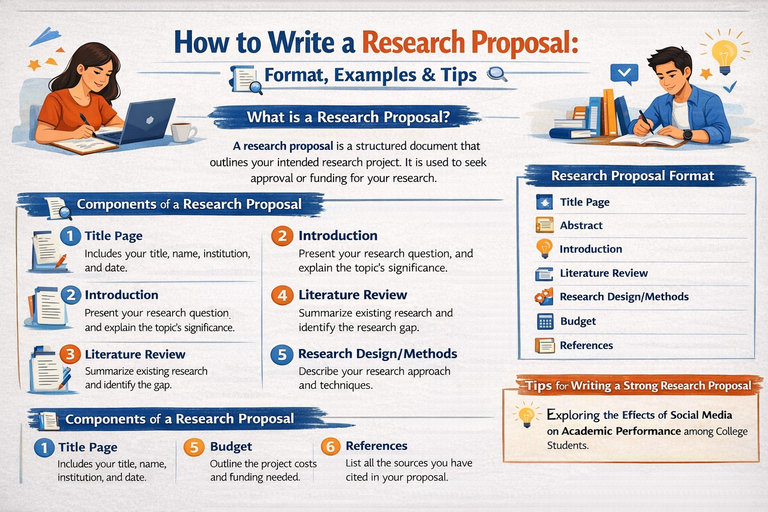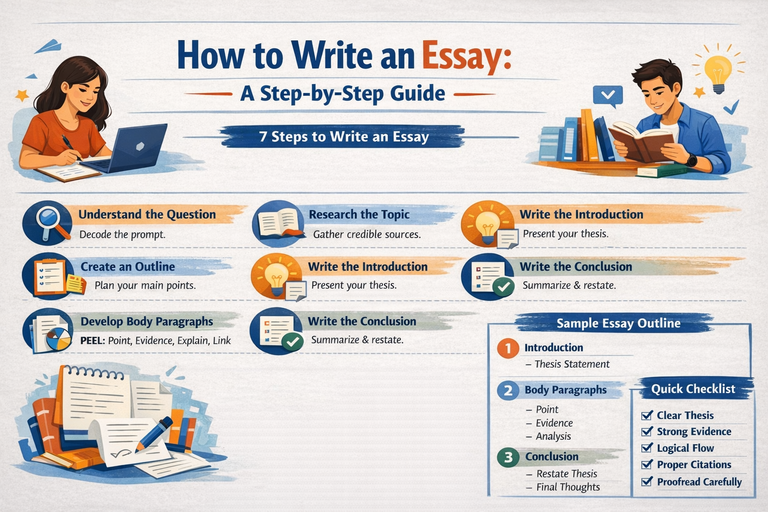Leadership Lessons from Fictional Business Tycoons
Fictional business tycoons have long captivated readers with their charisma, ambition, and relentless drive. Whether they are ruthless corporate raiders or visionary founders, these characters provide more than just entertainment—they offer a rich source of leadership insight.
Through their trials, triumphs, and often their moral missteps, these figures illustrate the challenges and rewards of leading enterprises and people.
This article explores the leadership lessons we can extract from some of fiction’s most memorable business magnates and how their stories illuminate essential truths about power, decision-making, ethics, and legacy.
Vision: Seeing Beyond the Present
One of the most compelling traits of fictional tycoons is their ability to envision a world that doesn't yet exist. They see opportunities where others see obstacles and often build empires by believing in a future others cannot yet grasp.
In Ayn Rand’s Atlas Shrugged, industrialist Hank Rearden is a model of visionary leadership. He creates a revolutionary metal alloy, pushing through skepticism and regulation to reshape the infrastructure industry. Rearden's foresight demonstrates the importance of believing in innovation and having the courage to stand by it, even when the market—and society—is not yet ready.
Similarly, Miranda Priestly in The Devil Wears Prada may appear cold and demanding, but her understanding of the fashion world’s future is unparalleled. Her ability to anticipate trends and steer the industry reveals the immense value of a clear, forward-looking vision, even when it's not universally appreciated.
Resilience: Bouncing Back from Failure
Every great leader faces failure. What sets the fictional business tycoon apart is their resilience—the capacity to recover, rebuild, and press forward with even greater determination.
Jay Gatsby, the titular character of The Great Gatsby, embodies the power of perseverance. While his pursuit of love overshadows his business achievements, Gatsby’s transformation from a poor farm boy to a lavish East Egg entrepreneur underscores the grit required to change one’s circumstances. His rise speaks to the belief in reinvention, a trait essential for entrepreneurs and leaders in a fast-changing world.
More recently, in the novel Shoe Dog by Phil Knight (a memoir with novelistic storytelling), the creation of Nike is chronicled with all the setbacks, financial peril, and self-doubt that came with it. Knight’s story, echoed in fictional counterparts, shows how enduring multiple failures is often a precursor to monumental success.
Ethical Boundaries: The Dark Side of Leadership
Fiction often uses business tycoons to explore the grey areas of ethics and morality. These characters sometimes sacrifice integrity for profit, prompting readers to reflect on what true leadership should look like.
Take Gordon Gekko from Wall Street, whose famous line “Greed is good” became a cultural touchstone. While not a hero, Gekko’s story illustrates how charisma and market savvy can seduce even the most idealistic protégés. His downfall warns against the dangers of unchecked ambition and the loss of moral compass—a lesson modern business leaders would do well to heed.
In a more subtle portrayal, Tom Buchanan in The Great Gatsby represents old money and corporate entitlement. His indifference to the consequences of his actions offers a cautionary tale about the arrogance of inherited power and the ethical decay that can accompany unchecked privilege.
People Management: The Power of Empathy and Delegation
Effective leaders know how to inspire and empower others. While some fictional tycoons are tyrannical, others succeed through collaboration, mentorship, and genuine care for their teams.
In The Fountainhead, while controversial, Howard Roark leads by example. He values individual creativity and refuses to compromise his artistic integrity. Though not conventionally warm, Roark’s independence and respect for true talent serve as a model for leaders who want to empower rather than control.
Another example is Charles Foster Kane from Citizen Kane, whose journey from idealistic journalist to manipulative media mogul is a cautionary arc. Kane initially values people and purpose, but over time, his obsession with control alienates those closest to him. His story underscores the importance of humility and emotional intelligence in leadership.
Adaptability: Embracing Change and Uncertainty
In dynamic industries, adaptability is a defining trait of strong leadership. Fictional tycoons who thrive typically demonstrate flexibility in the face of shifting markets, technological disruption, or personal upheaval.
Elizabeth Zott in Lessons in Chemistry by Bonnie Garmus is a brilliant scientist who unexpectedly becomes a television cooking show host in the 1960s. Through this shift, she redefines women's roles in science and media. Her adaptability not only helps her survive in a male-dominated world but also sparks societal change—proving that great leaders pivot when the moment demands it.
In The Circle by Dave Eggers, Mae Holland rises in a powerful tech company modeled after real-world giants like Google and Facebook. As she adapts to a culture of transparency and surveillance, her journey reveals both the promises and perils of corporate conformity. Her story encourages leaders to remain critical of the systems they inherit and help shape.
Legacy: What You Leave Behind
True leadership considers not just short-term victories, but long-term impact. Many fictional tycoons wrestle with what they will leave behind—be it wealth, innovation, or reputation.
Logan Roy from the series Succession (novelistic in scope and character development) obsesses over legacy, fighting to maintain control of his media empire while choosing an heir. His fear of irrelevance drives many of his destructive choices. Through Roy, we learn that legacy is not just what you build, but how you treat people along the way.
On a more redemptive note, Little Fires Everywhere by Celeste Ng features characters like Elena Richardson, whose vision of societal success clashes with deeper questions of purpose, fairness, and community responsibility. Her journey reveals that leadership at the local or community level also shapes lasting legacies.
Conclusion: Fiction as a Leadership Manual
The business tycoons of fiction may be larger than life, but their stories resonate precisely because they reflect real dilemmas. From visionary strategies to moral missteps, these characters provide case studies in leadership under pressure. Whether through inspiration or warning, they teach us to lead with vision, act with empathy, adapt with courage, and consider the legacy we leave behind.
For readers—and aspiring leaders—fiction offers more than a window into enterprise. It offers a mirror in which to examine our own beliefs about power, responsibility, and success.
Would you like a version of this tailored to your junkybooks brand or formatted for your blog audience?


